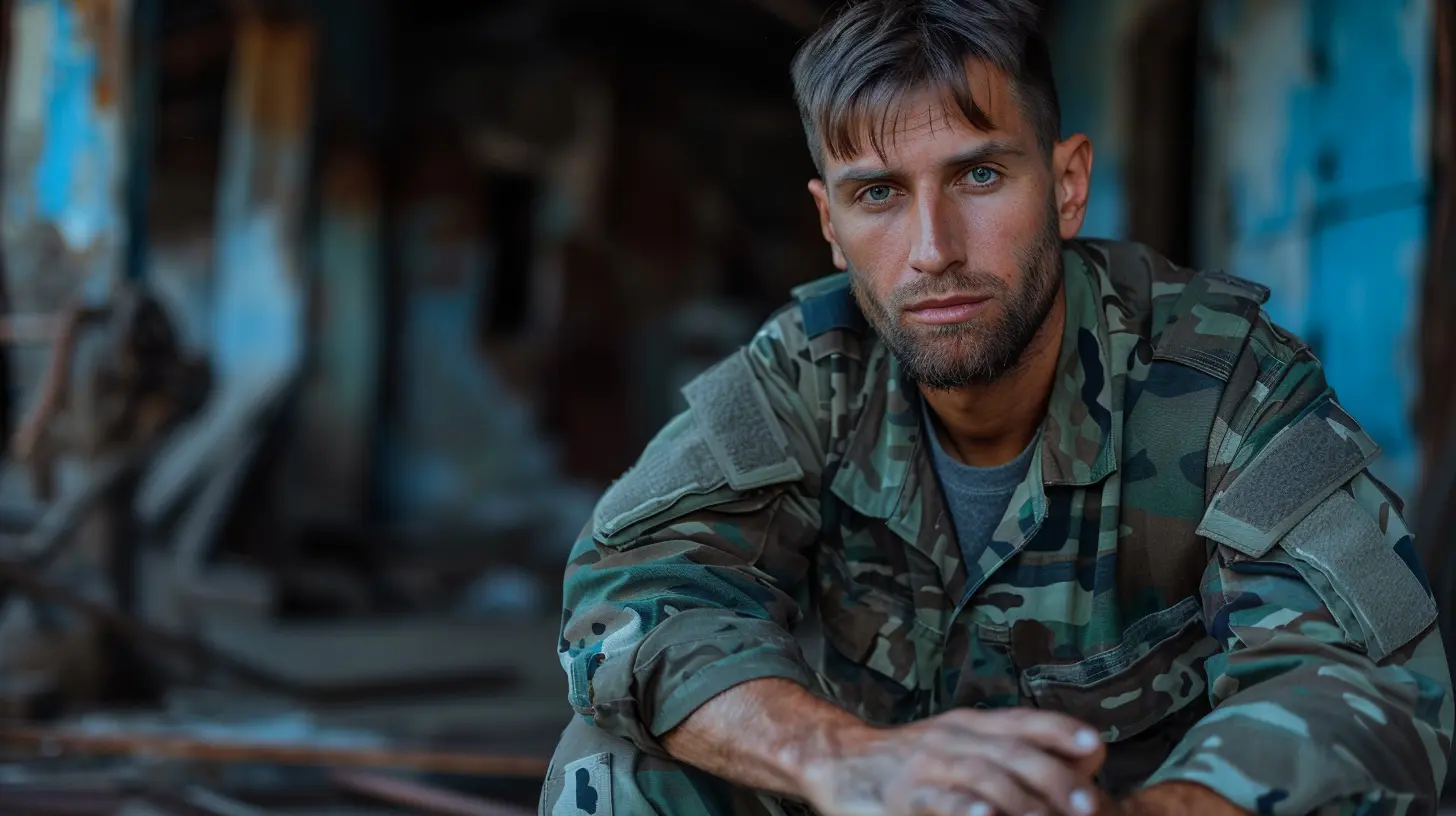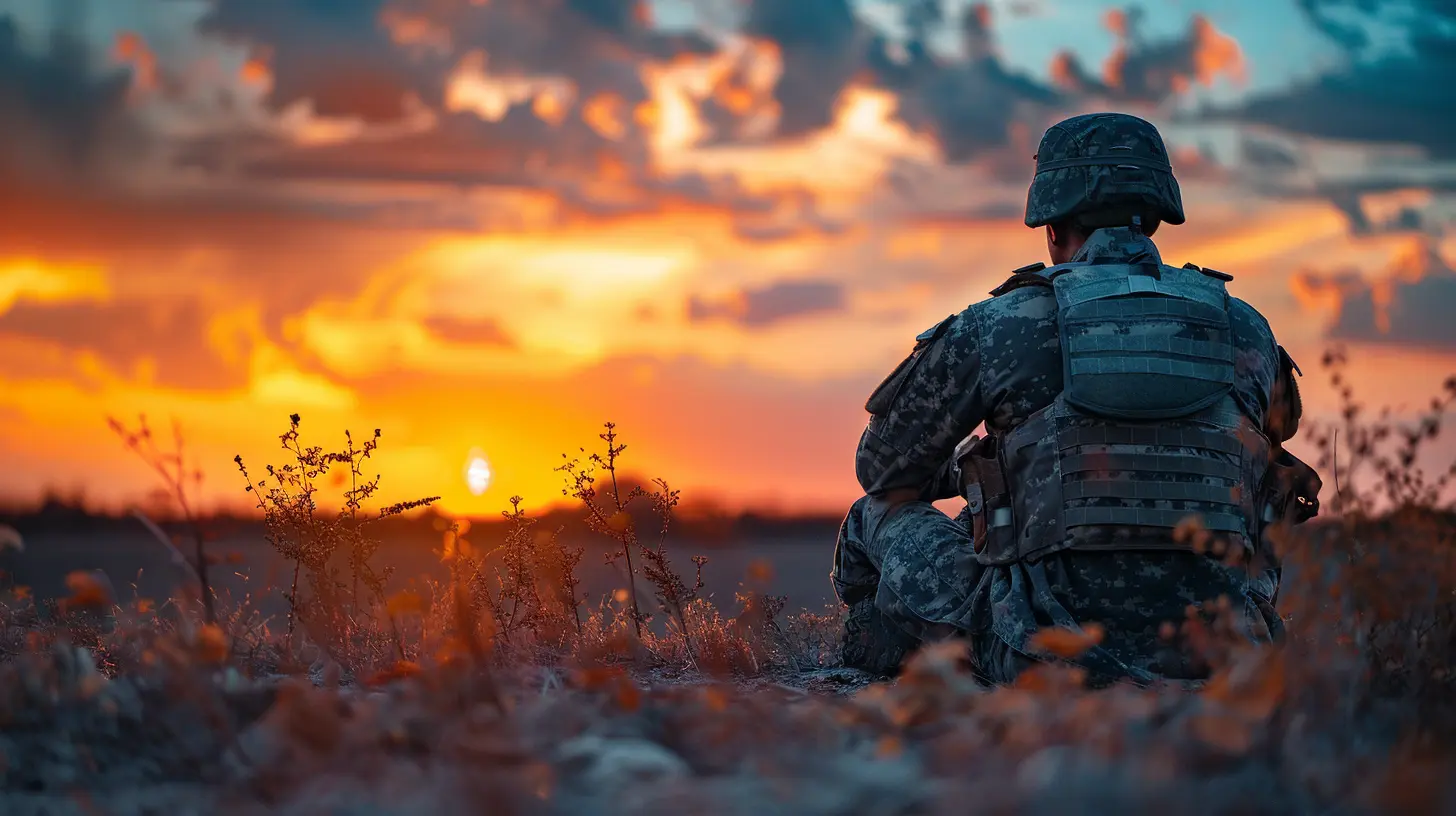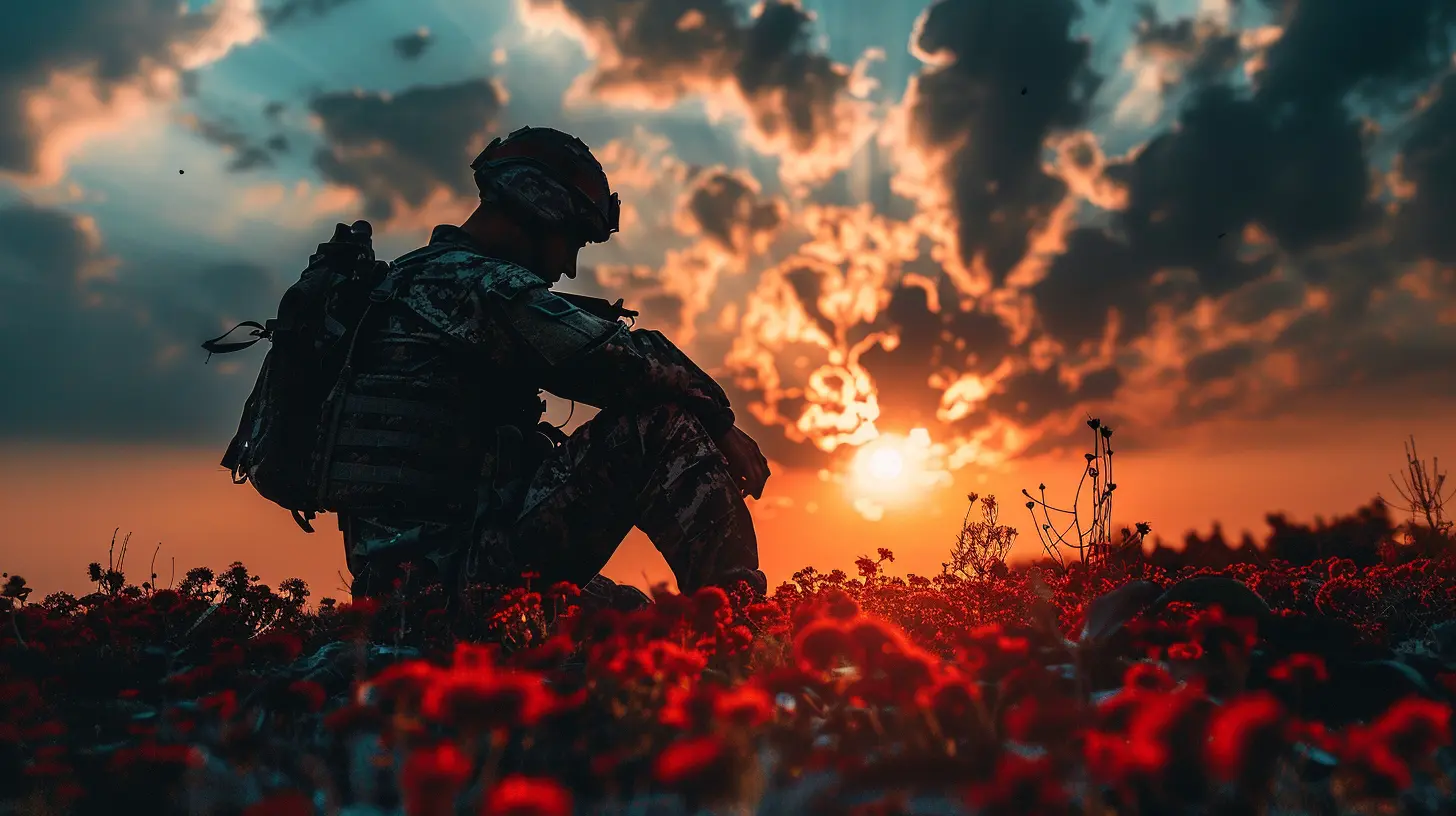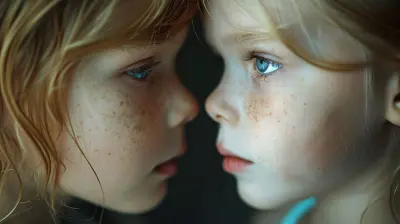PTSD in Veterans: A Personal and Societal Challenge
20 May 2025
Post-Traumatic Stress Disorder (PTSD) is a haunting shadow that follows many veterans home from the battlefield. It’s more than just bad memories—it’s a deep psychological wound that affects not only those who have served but also their families and society as a whole.
But why is PTSD so common among veterans? How does it impact their daily lives? And what can we, as a society, do to help? Let’s take a closer look. 
What Is PTSD and Why Are Veterans at Risk?
PTSD is a mental health condition triggered by experiencing or witnessing traumatic events. It can affect anyone, but veterans are particularly vulnerable due to the extreme stress of combat situations. The horrors of war—gunfire, explosions, loss of comrades, and life-threatening situations—can leave deep emotional scars.Not every veteran develops PTSD, but for those who do, it can feel like they're still in battle long after they've come home. The brain struggles to process trauma, leaving them stuck in "fight or flight" mode, even in safe environments. 
Symptoms of PTSD in Veterans
PTSD isn't just about flashbacks; it’s a complex condition that affects thoughts, emotions, and behaviors. Here are some common symptoms:1. Intrusive Thoughts and Flashbacks
Many veterans relive traumatic events through vivid flashbacks or nightmares. Something as simple as fireworks or the sound of a car backfiring can trigger these painful memories.2. Avoidance Behavior
To cope with their trauma, veterans may avoid people, places, or situations that remind them of what happened. This often leads to isolation, making it harder to seek support.3. Hyperarousal and Irritability
The heightened state of alertness that kept them alive in combat doesn’t just go away. Veterans with PTSD may be easily startled, have trouble sleeping, or struggle with anger and irritability.4. Emotional Numbness and Detachment
Some veterans feel numb or detached from loved ones, making relationships difficult. They may also experience guilt or shame, feeling they should have done more during their service.
The Personal Battle: How PTSD Affects Veterans' Daily Lives
Imagine fighting an enemy you can’t see, hear, or touch. That’s what living with PTSD feels like for many veterans. It impacts their ability to work, maintain relationships, and even perform everyday tasks.Impact on Relationships
Loved ones often struggle to understand what veterans are going through. PTSD can cause mood swings, withdrawal, or outbursts of anger, leading to strained marriages and strained family dynamics.Employment Struggles
Holding down a job can be tough when PTSD symptoms interfere with concentration, memory, or mood. Some veterans find it impossible to work in high-stress environments, limiting their career options.Substance Abuse and Mental Health Issues
Many veterans turn to alcohol or drugs as a way to cope with their pain. Unfortunately, this often leads to addiction, worsening their mental health and increasing the risk of homelessness.Suicide Risk
Tragically, suicide rates among veterans are alarmingly high. The sense of hopelessness and isolation caused by PTSD can push some to the brink, underscoring the urgent need for better mental health support.
The Societal Impact of PTSD in Veterans
PTSD doesn’t just affect the individual—it has ripple effects on families, communities, and even the economy.Family and Community Struggles
When a veteran suffers, their entire family feels the impact. Spouses may take on caretaker roles, children may feel neglected, and close relationships often suffer under the strain of PTSD symptoms.Communities also feel the weight of PTSD. Veterans experiencing homelessness, unemployment, or incarceration put pressure on social services, highlighting the need for better support systems.
Economic Costs
The financial burden of PTSD is staggering. According to estimates, billions of dollars are spent each year on medical care, disability benefits, and lost productivity due to PTSD-related issues among veterans. Addressing these challenges isn't just a moral obligation—it’s an economic necessity.Breaking the Stigma: Encouraging Veterans to Seek Help
One of the biggest obstacles to treating PTSD is the stigma surrounding mental health. Many veterans hesitate to seek help, fearing it will make them appear weak. But PTSD isn’t a sign of weakness—it’s a natural response to extreme trauma.Available Treatments for PTSD
There is hope. PTSD is treatable, and with the right support, veterans can find relief from their symptoms.1. Therapy and Counseling
Cognitive Behavioral Therapy (CBT) and Eye Movement Desensitization and Reprocessing (EMDR) have been highly effective in helping veterans process trauma and develop healthier coping mechanisms.2. Medication
Doctors often prescribe antidepressants or anti-anxiety medications to manage PTSD symptoms. While medication isn’t a cure, it can help veterans regain stability in their daily lives.3. Support Groups and Peer Networks
Sometimes, the best support comes from those who’ve walked the same path. Veteran peer support groups provide a safe space to share experiences, offer encouragement, and rebuild a sense of belonging.4. Alternative Therapies
Many veterans find relief through non-traditional treatments like yoga, meditation, art therapy, and even service dogs. These approaches help restore a sense of calm and control over their emotions.What Can Society Do to Help?
PTSD in veterans isn’t just a veteran issue—it’s a societal responsibility. So, how can we contribute to a better future for those who served?Raise Awareness
Understanding PTSD is the first step to reducing stigma. By promoting education and sharing stories, we can foster a culture of empathy and support.Improve Access to Mental Health Care
Long waiting times and bureaucratic red tape often prevent veterans from getting the help they need. Governments and healthcare providers must work together to streamline services and provide timely care.Support Veteran Organizations
Nonprofits and veteran-focused organizations provide essential services, from counseling to job training. Volunteering, donating, or simply spreading the word can make a tangible difference in a veteran’s life.Offer Compassion and Understanding
Sometimes, what veterans need most is patience and support. A simple conversation, a check-in, or understanding their struggles without judgment can go a long way.Final Thoughts
PTSD in veterans is more than an individual battle—it’s a collective challenge that affects families, communities, and society as a whole. While the scars of war don’t always fade, with the right support, understanding, and treatment, veterans can reclaim their lives and find peace beyond the battlefield.We owe it to them—not just because of their service, but because every human deserves the chance to heal.
all images in this post were generated using AI tools
Category:
Post Traumatic Stress DisorderAuthor:

Janet Conrad
Discussion
rate this article
3 comments
Yazmin Hunter
This article sheds light on the profound impacts of PTSD in veterans, both individually and within society. I'm curious about the potential strategies outlined for support and healing. How can we, as a community, more effectively engage in addressing these challenges together?
June 2, 2025 at 2:21 AM

Janet Conrad
Thank you for your interest! The article discusses various strategies for supporting veterans, including community awareness programs, peer support networks, and accessible mental health services. Engaging in open conversations and fostering a supportive environment can significantly enhance our collective efforts in addressing these challenges.
Sybil McWilliams
Together, we can heal and support our veterans on their journey to recovery!
May 27, 2025 at 3:31 AM

Janet Conrad
Absolutely! Unity and support are key to helping our veterans heal from PTSD. Thank you for your commitment to this important cause!
Clementine McManus
This article highlights the urgent need for support and understanding of veterans' PTSD.
May 24, 2025 at 3:51 AM

Janet Conrad
Thank you for your insightful comment! Raising awareness and fostering support for veterans with PTSD is indeed crucial.



